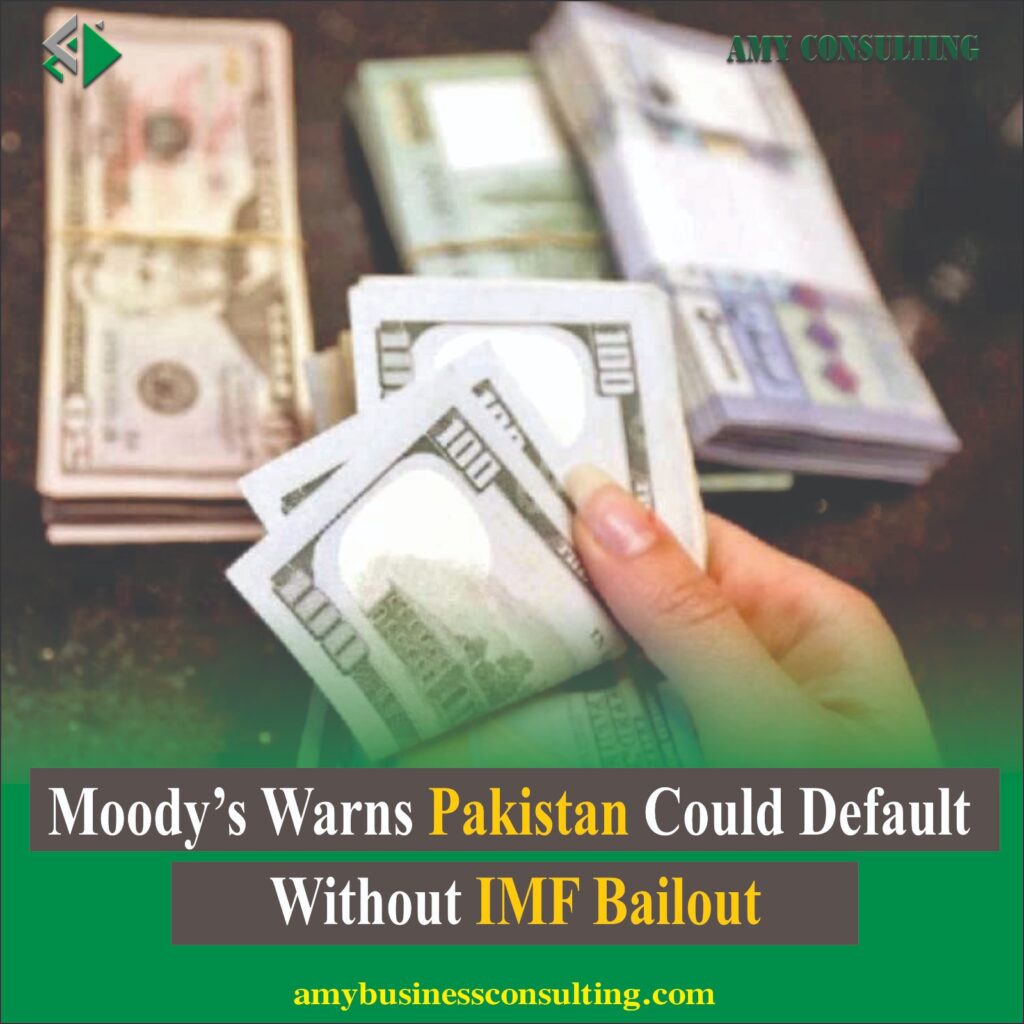Author: admin
Who is Required to File a Tax Return in the USA: Individual Requirements
Every year as the tax season rolls around, many individuals wonder, “Do I need to file a tax return?” The answer to this question largely depends on your income, filing status, and age. This article will guide you through the various factors that determine whether you are required to file a tax return in the United States.
Understanding the Income Threshold
The most basic factor that decides whether you are required to file a tax return is your gross income. The Internal Revenue Service (IRS) sets income thresholds, which are the minimum amounts of annual income that necessitate filing a tax return. If you earn less than the minimum amount for your filing status, you generally do not need to file a tax return. However, even if you fall below this threshold, you might still want to file a return for several reasons, such as if you have had federal income tax withheld from your pay, made estimated tax payments, or qualify for refundable tax credits.
Deciding Your Filing Status
Your filing status – whether you are single, married filing jointly, married filing separately, head of household, or qualifying widow(er) – also plays a significant role in determining whether you need to file a tax return. Each filing status has a different income threshold, which means that two people with the same income may have different filing requirements depending on their filing status.
Age Considerations
Your age at the end of the tax year also matters when determining whether you need to file a tax return. Generally, older individuals have higher income thresholds, meaning they can earn more without needing to file a return. However, if you are claimed as a dependent on someone else’s return, different rules apply.
Special Considerations for Retirees
If you’re retired, your retirement income, including Social Security benefits and distributions from retirement accounts, might be taxable. In this case, you will likely need to file a tax return. To determine this, you should look at your combined income, which includes one-half of your Social Security benefits plus other income.
Advantages of Filing a Tax Return
Even if you are not required to file a tax return, there are several benefits to doing so:
- Claim Refunds: If taxes were withheld from your paycheck or you made estimated tax payments, you might be eligible for a refund.
- Claim Tax Credits: Filing a tax return allows you to claim refundable tax credits such as the Earned Income Tax Credit or Child Tax Credit, which can reduce your tax bill or even lead to a refund.
- Avoid Penalties: Filing on time helps you avoid interest and penalties that can accrue if you owe tax and don’t file a return or request an extension.
- Protect Credit Score: Filing and paying on time prevents tax liens, which can harm your credit score.
- Qualify for Financial Aid: If you or your dependents are seeking financial aid for education, a filed tax return can simplify the application process.
- Build Social Security Benefits: If you’re self-employed, filing a tax return ensures that your self-employment income will be included when calculating your Social Security benefits.
The decision to file a tax return is an important one. If you are unsure about your obligations, you can use the IRS’s Interactive Tax Assistant tool to help determine your filing requirements. However, when in doubt, it’s always a good idea to consult with a tax professional. The peace of mind that comes from knowing you are fulfilling your tax obligations is invaluable.
Tax Filings in UAE
The United Arab Emirates, renowned for its tax-friendly environment, recently implemented a set of new taxes, including Value Added Tax (VAT) and Excise Tax. Navigating this evolving tax landscape can be a challenge for businesses and individuals. This is where AMY Consulting comes into play. With our extensive knowledge of UAE’s tax regulations and a commitment to client-centered service, we can make the process of tax filing and preparation straightforward. Here’s how we can assist you in the UAE.
Understanding UAE’s Tax System
Despite being generally viewed as a tax-free zone, the UAE has introduced VAT and Excise Tax to diversify its economy. Understanding these taxes and their impact on your financial affairs is essential. AMY Consulting provides the insights you need to effectively manage your tax obligations in the UAE.
Guidance with Value Added Tax (VAT) Filing
In 2018, the UAE implemented a 5% VAT, which applies to most goods and services. Businesses with a revenue exceeding the mandatory registration threshold must register for VAT, maintain specific records, and file regular VAT returns.
At AMY Consulting, we assist with every aspect of VAT management. We guide businesses through the VAT registration process, ensure they understand what transactions are subject to VAT, and help with the preparation and filing of VAT returns. We also offer advice on VAT planning and administration to help businesses optimise their tax positions.
Support with Excise Tax Filing
The UAE levies an Excise Tax on specific goods harmful to human health or the environment, often termed ‘sin goods,’ such as tobacco products, energy drinks, and carbonated drinks.
AMY Consulting can help businesses navigate the complexities of Excise Tax. We provide guidance on what goods are subject to Excise Tax, assist in registering for Excise Tax, and help with the timely filing of Excise Tax returns.
Assisting with Tax Residency Certificate Applications
The UAE’s Double Taxation Treaties with various countries can allow residents to avoid paying tax on foreign income in their home country. To avail of these benefits, residents must obtain a Tax Residency Certificate (TRC).
AMY Consulting assists individuals and companies with the TRC application process. We ensure clients understand the requirements, guide them through the process, and help gather the necessary documents for a successful application.
Keeping Up with Deadlines
Filing tax returns late can lead to penalties in the UAE. AMY Consulting helps clients avoid such situations by tracking all key deadlines, ensuring timely tax return filing and payments.
Navigating the UAE’s tax system can be complex, but it doesn’t have to be. With AMY Consulting, you have a partner who understands the intricacies of UAE tax laws and is committed to providing excellent service tailored to your needs. Whether you’re an individual aiming to optimise your tax position or a business with multiple tax obligations, AMY Consulting is here to help. Contact us today to learn how we can assist you with your tax filings and preparations in the UAE.
ON TEMPORARY IMPORT OF VEHICLES FBR ISSUES NOTIFICATIONS

Further adjustments have been made by the FBR to the regulations related to temporary vehicle imports through customs.
In its latest statement regarding tax policy reforms, the FBR updated the definition of a tourist. A computerized system will be employed by Pakistan Customs for monitoring information pertaining to the temporary importation of motor vehicles.
According to a recent notification by authorities both FIA and Customs have been instructed to intensify their monitoring of temporary vehicle imports through a new computerized surveillance system.
The import of vehicles should not be exploited by foreigners and migrants as per the FBR.
When tourists import vehicles on a temporary basis their passports will be connected to the accompanying car documents.
The issuance of an official statement by the FBR seems intended to curb misuse of temporary vehicle imports.
MOODY’S WARNS PAKISTAN COULD DEFAULT WITHOUT IMF BAILOUT: REPORT

A recent report by a top ratings’ agency suggests that the availability of funds for Pakistan beyond June is highly uncertain.
As per Moody’s Investors Service warning reported by Bloomberg today, Pakistan could face the risk of a default without an International Monetary Fund (IMF) bail out as it has uncertain financial options beyond June.
According to Grace LIM from Singapore’s ratings company who responded via email; Pakistan will be able to make all its external payments until the current fiscal year ending on June as reported by Bloomberg.
Although it is uncertain, Pakistan may have to explore other financing options beyond June as having very weak reserves means it might end up defaulting if there isn’t any support from the IMF program.
Pakistan’s discussions with the Washington-based lender continue as it seeks to restart its bailout program which has been held up at the ninth review since November of last year.
The IMF remains unconvinced about resuming its bailout efforts despite trying measures like establishing a floating exchange rate or increasing tax rates alongside tariff hikes.
Working alongside Pakistani officials towards obtaining sufficient funds and reaching an agreement on all fronts should enable finalization of outstanding ninth review, says IMF.
After an announcement from Pakistani officials revealing Saudi Arabia and UAE were willing to provide a combined total of $3 billion in financing—nearly 50% of Pakistan’s necessary finances have been secured.
That being said, the amounts have not yet been transferred to Pakistan’s central bank and their official foreign exchange reserves are still standing on a precarious ground.
The recent months have not been easy for this nation’s economy as it is facing risks of defaulting along with downgrading from international ratings agencies, and to add to this mix, there is continuous change in key leadership position and political instability.
Engagement with IMF beyond June
If we decide to continue working with the IMF beyond June we may be able to access additional funding from other multilateral and bilateral partners which would decrease our risk of default.
The trend shows that according to the latest S&P Global Ratings’ analysis cited by Bloomberg Report Pakistan will require more financing compared with its existing resources as the ratio between gross foreign funding requirements and its total available resources (current account receipts and secure reserves) may rise from roughly 133 percent this year-end approximately up to around 139.5 % at end-fiscal-year twenty-four.
Bloomberg cited Andrew Wood of S&P in Singapore who stated that the IMF program serves as a foundation for essential fiscal policy changes, and agreement on the present evaluation period has the potential to strengthen trust amongst various bilateral and multilateral loan providers in regard to lending money to Pakistan.
It was reported back in March by Bloomberg economists that under a bailout scheme, it was possible for funding from the IMF to be made available to Pakistan by June; but highlighted concern over possible default should no funds be forthcoming.
Pakistan can expect IMF to deliver the remaining $2.6 billion in aid from its ongoing bailout program by June since they have met most of their conditions for it, according to Bloomberg economists Anger Shula and Abhishek Gupta who wrote this some time ago.
Pakistan is not included in the agenda for any of the upcoming meetings of IMF Executive Board till May 17 as per Business Recorder’s report on Tuesday.
Pakistan is absent from any discussion in the upcoming meetings of IMF Executive Board which are slated for May 11, and 15 with another meeting on May 17 in 2023 unless they achieve success in their ninth review.
ECONOMIC PROJECTIONS

A newspaper carried ‘Economic Projections’, which is apropos. It is a fact that Dr. Hafiz A. Pasha, a renowned economist, requires no introduction due to his profound knowledge of economics and finance. Not only is his insightful interpretation of the World Bank report informative, but it also serves as an eye-opener for all of us.
He says, for instance, that the financial sustainability of Pakistan’s economy is a matter of serious concern to the World Bank.
A detailed breakdown of the potential sources and financing needs has not been provided, however. How can Pakistan achieve a positive GDP growth rate of 2 percent in 2023-24 despite being neck deep in a financial crisis? The country, in my opinion, is experiencing an economic crisis unlike any other in its history.
Amid rising price hike, inflation, and unemployment, there is a woeful lack of economic activity in the situation. It is no longer news that industrial units are shutting down on a daily basis. A 2 percent GDP growth alone cannot provide a solution. No one has control or vigilance over things.
Despite Pasha sahib’s highly valuable stipulations and noble exhortations, the economy is in shambles or irreparable, so to speak. He’s understandably perturbed by the current state of the economy.
